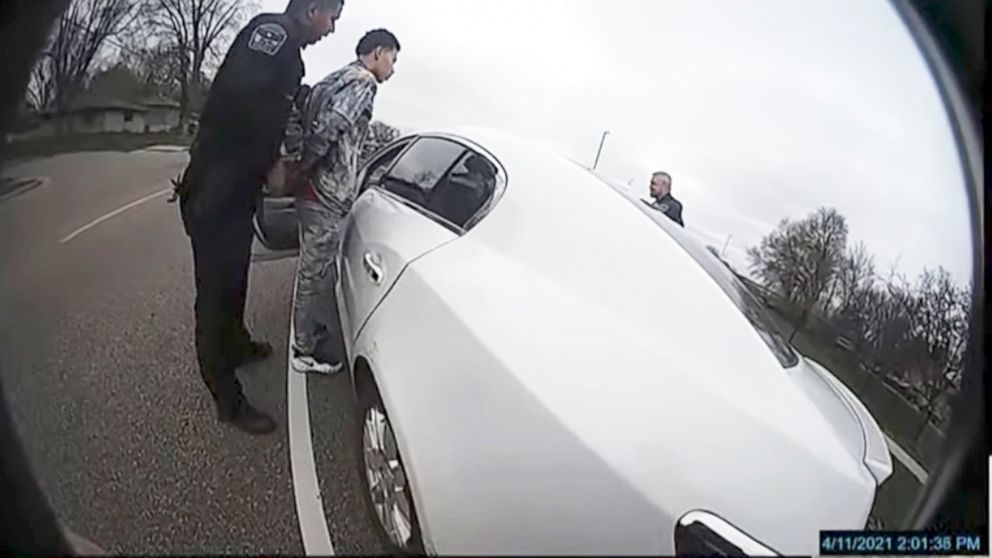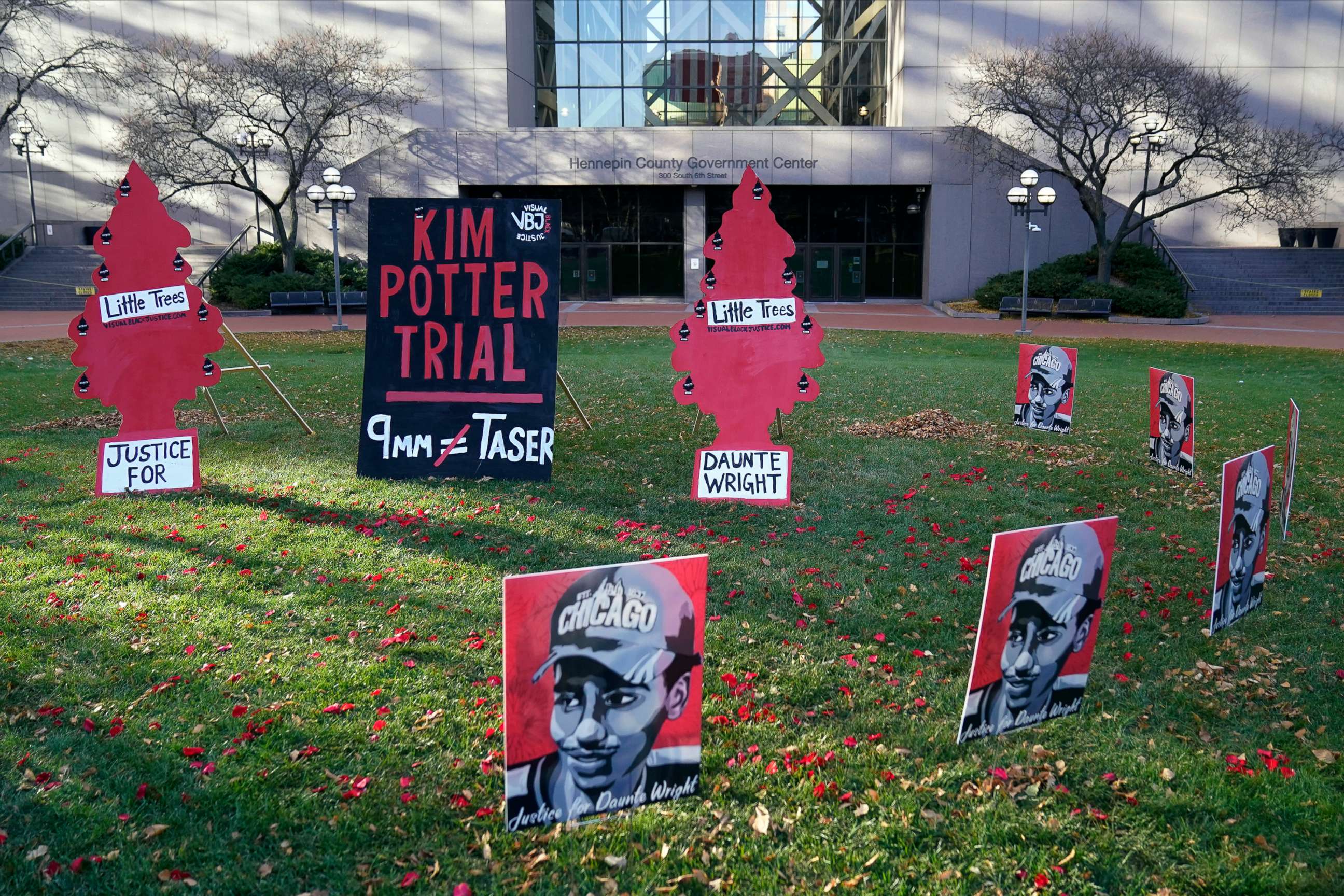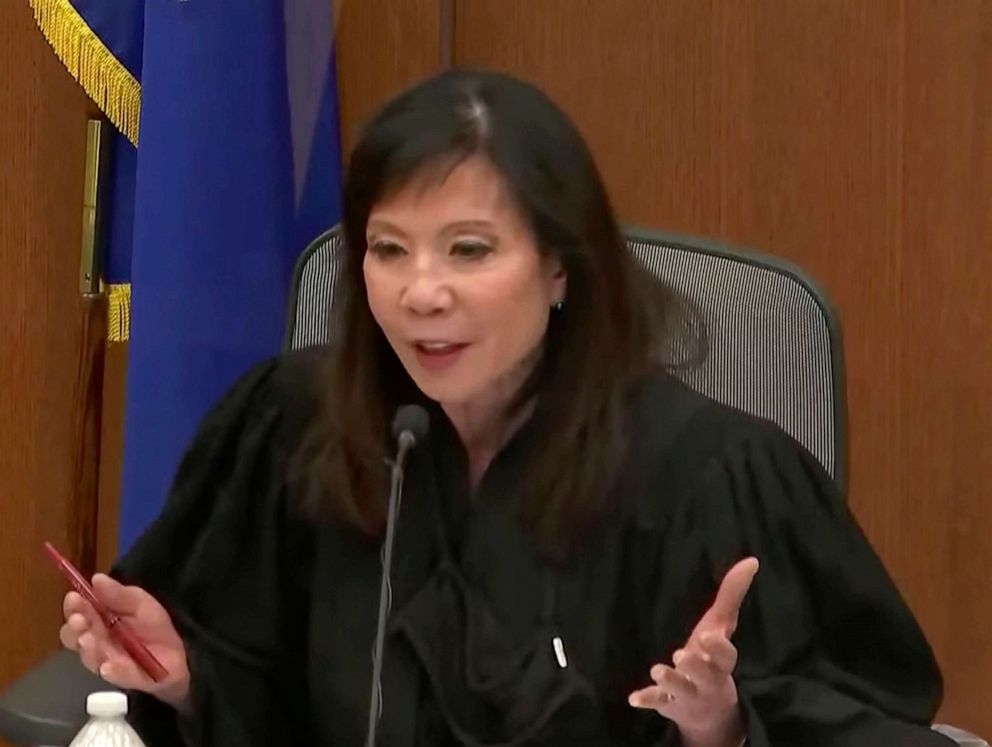Prosecution, defense spar on Sgt. Mychal Johnson's testimony
In closing arguments, the defense said that Kim Potter was within her rights to use deadly force against Daunte Wright because he could have hurt another police officer with his car.
The defense claims Wright could have driven off, dragging Sgt. Mychal Johnson.
"What would have happened to Johnson? The worst would be death if he took off like he did -- like a jet," defense attorney Earl Gray said.
"[Potter] said she saw Johnson, that she saw him and he had a look on his face she'd never seen," Gray added. "That was right before she said 'Taser, Taser.'"
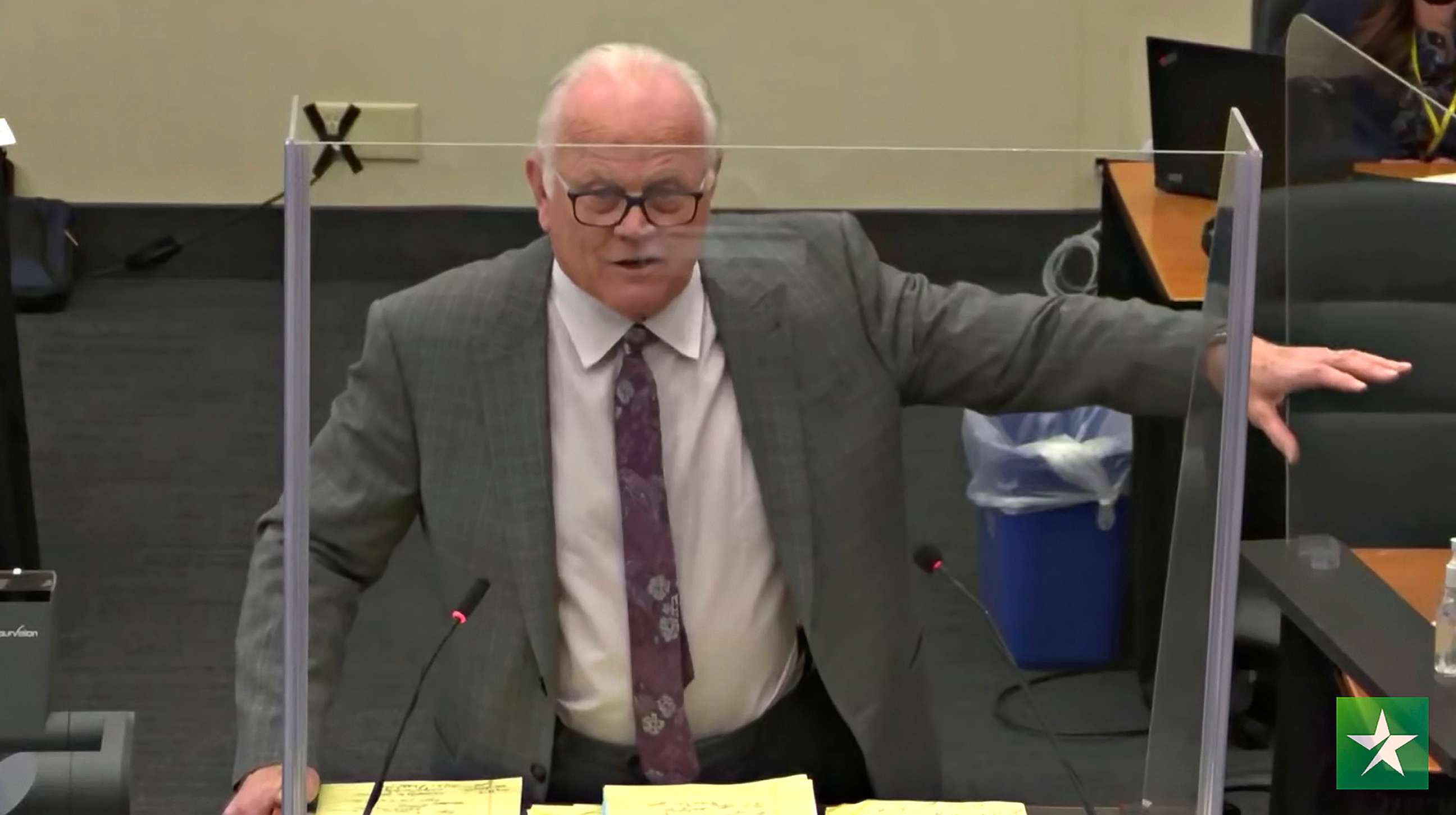
The prosecution argues there is no evidence that shows Potter was using force for Johnson's protection or that Johnson was afraid for his life.
"Johnson was clearly not afraid of being dragged," said prosecutor Matthew Frank. He never said he was scared. He didn't say it then. And he didn't testify to it in court."
Prosecutors said Johnson wasn't halfway into the car at the time of the shooting, and that he was "all the way over to the passenger side securing Mr. Wright's right arm."
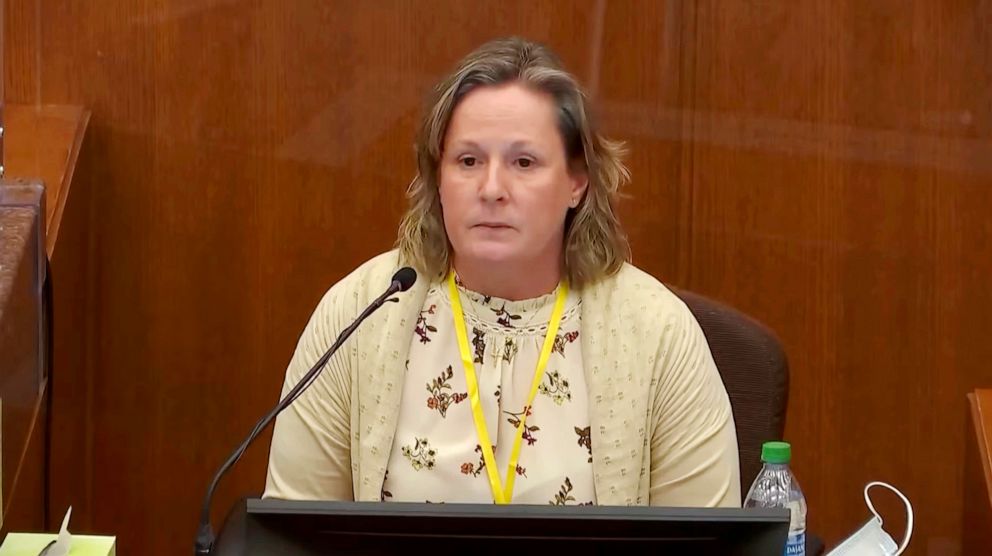
Prosecutors also pointed to Potter's reaction after the shooting, when she sobbed on the ground and said she would be going to jail in the body camera footage.
"When Sergeant Johnson said 'he was trying to drive away with me in the car,' which isn't even true, but he offered that to her and she didn't even bite on it," Frank told jurors. "She was so caught up in recognition of the wrongfulness of her own conduct."
